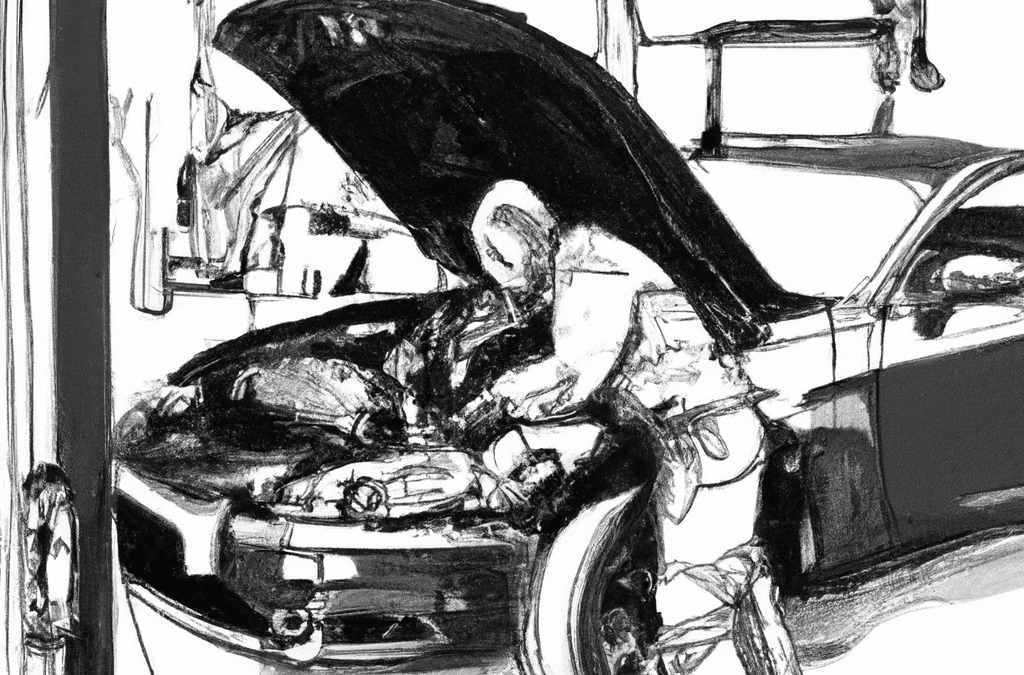What Happens During Your Car's Checkup
A car tune-up is an essential aspect of regular vehicle maintenance that aims to optimize performance, increase fuel efficiency, and extend the lifespan of your car. In this post, we'll discuss the key elements of a tune-up, how it differs from a general inspection and the benefits of maintaining a regular tune-up schedule.
The Importance of Regular Tune-Ups
Regular tune-ups have several advantages, including:
- Optimized performance: A properly tuned vehicle offers better acceleration, smoother idling, and improved overall performance.
- Increased fuel efficiency: When your car's engine runs more efficiently, you'll notice a boost in miles per gallon (MPG), ultimately saving money on fuel.
- Extended vehicle lifespan: Maintaining your engine in good condition reduces the likelihood of significant issues and prolongs your vehicle's life.
- Emission reduction: A well-maintained engine emits fewer pollutants, which is better for the environment and may help you pass emission tests.
Key Elements of a Standard Tune-Up
1. Spark Plugs and Ignition Wires
A critical aspect of a tune-up is inspecting and replacing spark plugs and ignition wires. Spark plugs ignite the fuel-air mixture in your engine, while ignition wires transmit the spark from the ignition coil to the spark plugs.
- Spark plugs: Your mechanic will check for signs of wear, carbon buildup, or damage and replace the plugs if necessary.
- Ignition wires: The mechanic will inspect the wires for wear, cracks, or corrosion and replace them if needed.
2. Ignition System
During a tune-up, the mechanic will also check and adjust the ignition system components, including:
- Distributor cap and rotor (if applicable)
- Ignition coil
The mechanic will clean or replace these parts to ensure optimal spark timing and reliable ignition.
3. Fuel System
A tune-up involves checking and cleaning the fuel system components, such as:
- Fuel injectors: The mechanic will clean the injectors to ensure proper fuel delivery and efficient combustion.
- Throttle body: The mechanic will clean the throttle body to maintain proper air-fuel mixture and smooth idling.
4. Air Filter
The air filter helps ensure your engine receives clean air, free of dust, debris, and other contaminants. During a tune-up, your mechanic will inspect and replace the air filter if necessary.
5. PCV Valve
The Positive Crankcase Ventilation (PCV) valve removes combustion gases from the engine's crankcase. A faulty PCV valve can lead to decreased fuel efficiency, increased oil consumption, and poor engine performance. During a tune-up, your mechanic will inspect and replace the PCV valve if necessary.
6. Oxygen Sensors
Oxygen sensors monitor the oxygen level in the exhaust, helping the engine control module (ECM) maintain the optimal air-fuel mixture for efficient combustion. A failing oxygen sensor can result in reduced fuel efficiency and increased emissions. During a tune-up, your mechanic will check and replace the oxygen sensors if needed.
The Bottom Line
A tune-up is a targeted maintenance procedure focusing on your vehicle's ignition, fuel system, and other essential components. Regular tune-ups can help optimize your car's performance, increase fuel efficiency, and extend its lifespan. Investing in a routine tune-up schedule

